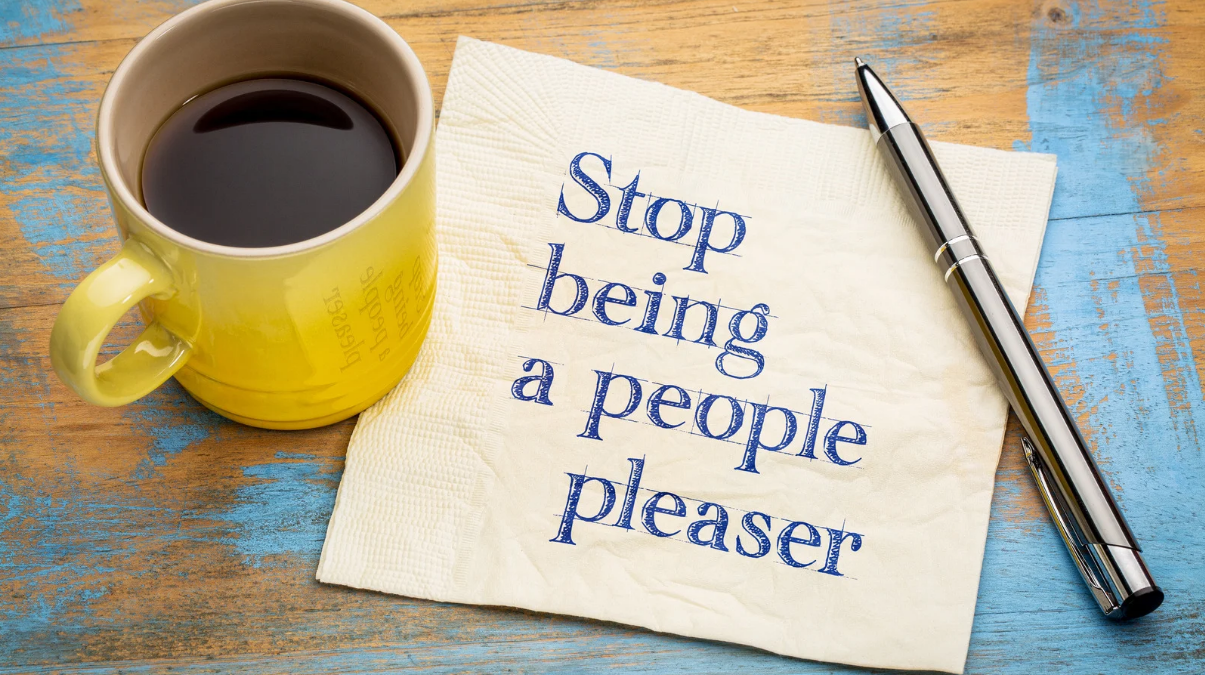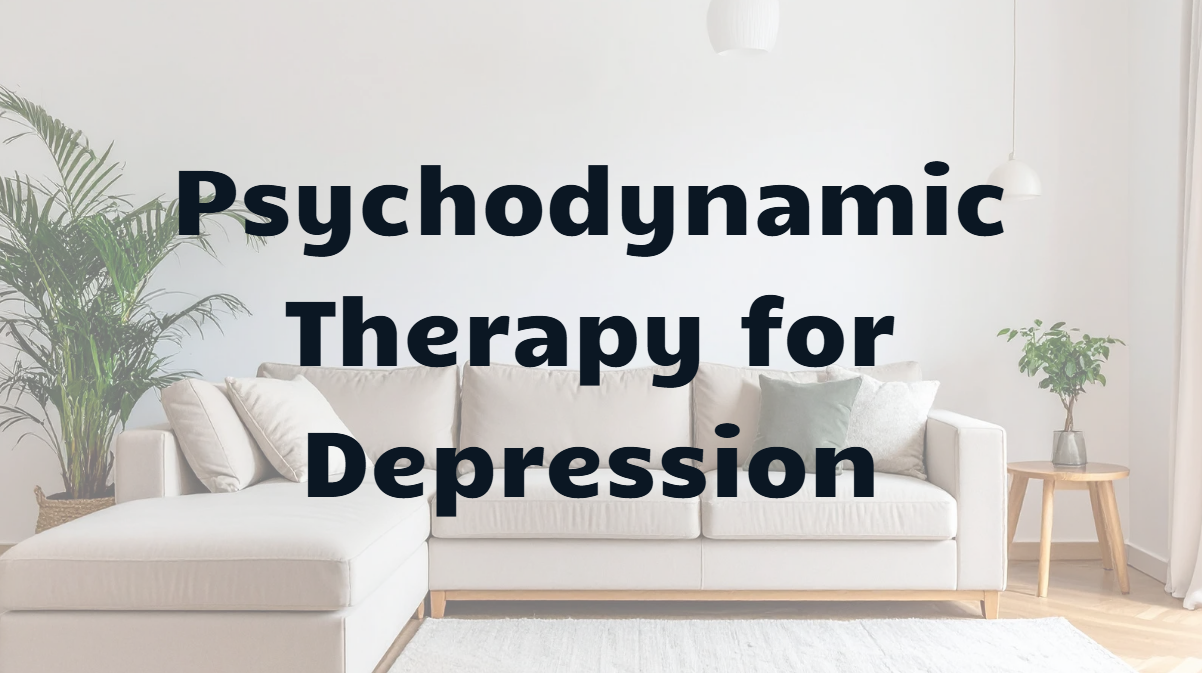Do you find yourself saying “yes” even when you’re exhausted, stressed, or simply not interested? Do you apologize for things that aren’t your fault just to avoid upsetting someone? If so, you might be caught in the exhausting cycle of people-pleasing.
Being kind, thoughtful, and supportive of others is a strength—but when kindness consistently comes at the cost of your own well-being, it becomes a problem. People-pleasing isn’t just about being nice. It’s about feeling responsible for others’ emotions, craving approval, and sacrificing your own needs to keep the peace.
In this guide, we’ll explore the signs of a people pleaser, why these patterns develop, the hidden costs of living this way, and most importantly, how you can finally put yourself first without feeling selfish.
What Does It Mean to Be a People Pleaser?
At its core, people-pleasing is the habit of prioritizing others’ needs, emotions, and approval over your own. It’s not simply generosity—it’s an unhealthy pattern rooted in fear.
- Psychology of people-pleasing: Often linked to fear of rejection, low self-worth, or anxiety.
- Roots in childhood: Many pleasers grew up in environments where love and safety felt conditional—where being “good,” compliant, or helpful was rewarded, while expressing personal needs was discouraged.
- Kindness vs. people-pleasing: Kindness comes from choice. People-pleasing often comes from obligation, guilt, or fear of conflict.
Put simply: a kind person says “yes” because they want to; a people pleaser says “yes” because they’re afraid of what will happen if they don’t.
The Most Common Signs of a People Pleaser
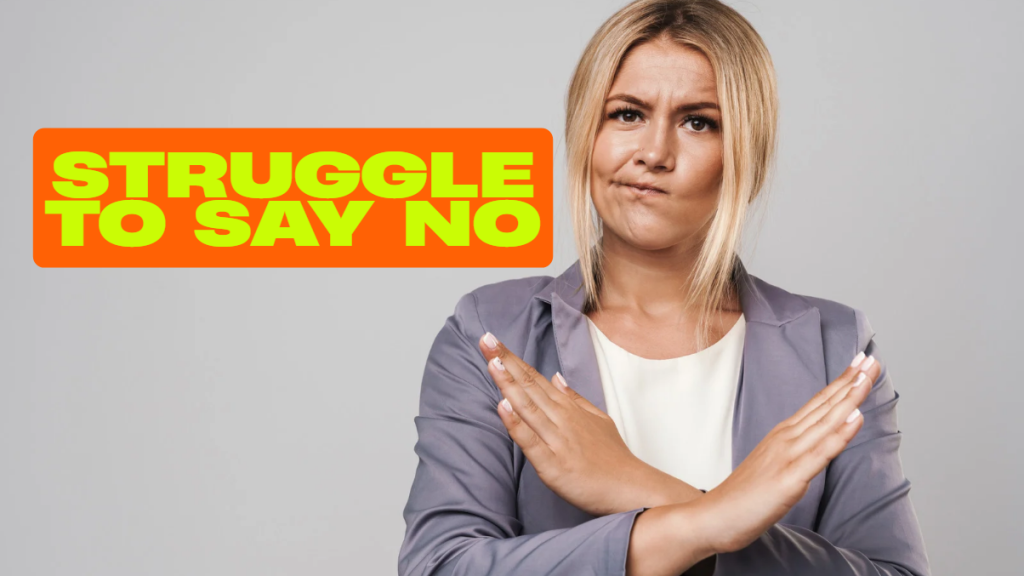
If you’re wondering whether you fall into this category, here are the biggest signs of a people pleaser.
1. You Struggle to Say No
You agree to extra tasks at work, go to events you don’t enjoy, or help others even when you’re exhausted. Saying “no” makes you feel guilty or selfish.
2. You Avoid Conflict at All Costs
You’d rather keep quiet than speak your truth if it might upset someone. This often means bottling up frustration, which eventually leads to resentment.
3. You Crave Constant Approval
Compliments and validation fuel you, while criticism—even mild—feels unbearable. You measure your worth by how others see you.
4. You Over-Apologize
“I’m sorry” slips out of your mouth constantly, even when nothing is your fault. Over-apologizing reinforces the belief that you’re a burden.
5. You Feel Responsible for Other People’s Emotions
If someone is upset, you feel like it’s your job to fix it. You often carry guilt for things outside your control.
6. You Lack Boundaries
You answer work emails late at night, allow people to vent to you for hours, or let friends cross your personal lines because you don’t want to upset them.
7. You Hide Your True Feelings
You say “I’m fine” when you’re not. You smile when you’re hurting. You may even lose touch with what you actually feel because you’re so focused on others.
8. You Feel Resentful or Burnt Out
Deep down, you feel drained—even though you rarely express it. Outwardly, you look cheerful and accommodating, but inside, frustration builds.
9. You Struggle With Low Self-Worth
You believe your value comes from what you do for others, not who you are. If you stop pleasing, you fear being rejected or unloved.
Why Do People Become People Pleasers?

Many people who identify as people pleasers didn’t choose the pattern—it often developed as a way to feel safe, accepted, or valued. Over time, what once felt like protection or a way to maintain harmony can turn into a habit that quietly drains self-worth and energy.
- Childhood Experiences: Many pleasers grew up with critical or emotionally unavailable parents, learning that love had to be earned by being “good” or helpful.
- Trauma and Survival: People-pleasing can be a survival mechanism. If you experienced instability, you may have learned to keep others happy to avoid conflict or danger.
- Personality Traits: Highly empathetic and sensitive people are more prone to people-pleasing. While empathy is a strength, it can tip into self-neglect.
- Cultural and Societal Pressures: Some cultures or gender norms encourage putting others first—especially women, who are often socialized to be caregivers and peacekeepers.
The Hidden Costs of People-Pleasing
On the surface, people-pleasers seem generous, kind, and dependable. But underneath, the costs are significant:
- Emotional health: Anxiety, depression, and identity loss are common, as you constantly suppress your true self.
- Physical health: Chronic stress leads to fatigue, headaches, poor sleep, and even weakened immunity.
- Relationships: Ironically, relationships suffer. People may take advantage of you, or you may quietly resent those you’re trying to please.
- Career: Always saying yes at work can lead to overwork, burnout, and being overlooked for promotions because you’re seen as a doer, not a leader.
The truth? People-pleasing doesn’t lead to stronger connections or better self-worth. It leads to exhaustion and disconnection—from yourself and others.
How to Stop Being a People Pleaser and Put Yourself First
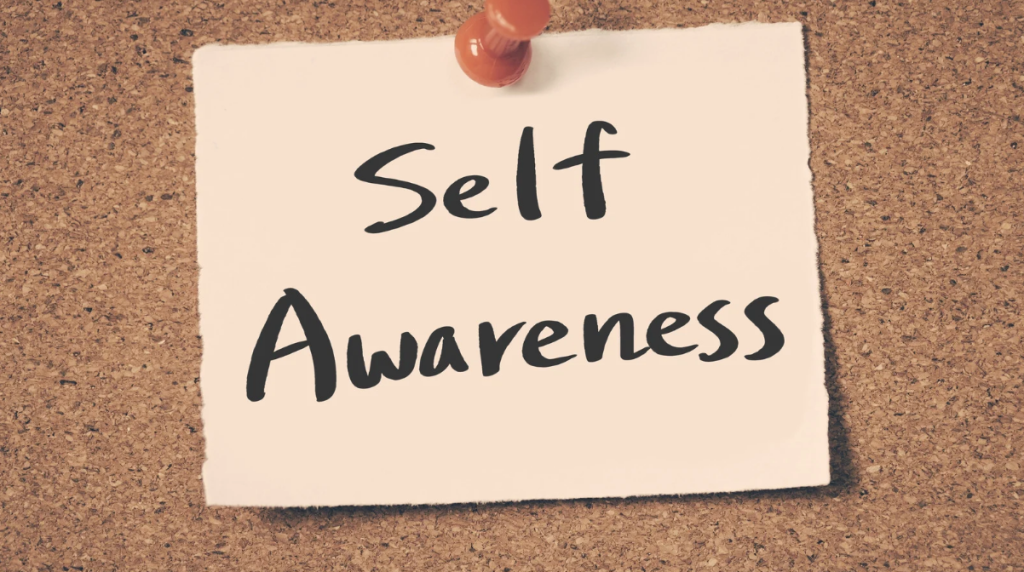
Breaking free from people-pleasing doesn’t mean becoming selfish or uncaring. It means striking a balance—caring for others without abandoning yourself. Here’s how to start:
1. Build Self-Awareness
The first step in breaking the people-pleasing cycle is noticing when and why you do it. Pay attention to situations where you feel pressured to agree or apologize unnecessarily, and ask yourself what you’re afraid will happen if you don’t. Journaling or reflecting on these patterns can help you uncover the fears and beliefs driving your behavior.
2. Practice Saying No Gracefully
Saying no doesn’t make you unkind—it makes you honest. A simple, direct response often works better than long explanations. Try these polite but firm phrases:
- “I can’t commit to that right now.”
- “Thank you for thinking of me, but I have to pass.”
- “I’d love to help, but I need to prioritize other commitments.”
3. Set Boundaries and Stick to Them
Boundaries are essential for protecting your time, energy, and emotional health. They let others know what is and isn’t acceptable, and sticking to them reinforces your self-respect. Examples include:
- Not answering work emails after office hours.
- Limiting how long you spend with people who leave you drained.
- Saying, “I’m not available to talk right now, but I can call you later.”
4. Let Go of the Need for Approval
Constantly seeking validation ties your worth to other people’s opinions. Shifting your focus from what others think to what you need helps you regain control of your life. To shift your mindset:
- Ask yourself, “Am I doing this because I want to, or because I’m afraid of rejection?”
- Repeat affirmations like, “My needs are valid and important.”
- Reduce social media use if it fuels comparison or external validation.
5. Reframe Conflict as Healthy
Many people pleasers see conflict as dangerous, but in reality, respectful disagreements strengthen relationships. Speaking up doesn’t mean you’re being rude—it means you’re being honest. When you view conflict as a path to better understanding, you free yourself from the burden of silence.
6. Prioritize Self-Care Without Guilt
Taking time for yourself is not a luxury—it’s a necessity. Scheduling rest, hobbies, or downtime protects your mental and physical health while reminding you that your needs matter. When you put yourself first, you show up with more energy and authenticity for the people around you.
7. Seek Support if Needed
If people-pleasing feels deeply ingrained, therapy can help. Cognitive Behavioral Therapy (CBT), trauma-informed therapy, or assertiveness training can uncover the roots of your patterns and help you rewrite them.
FAQs About People Pleasing
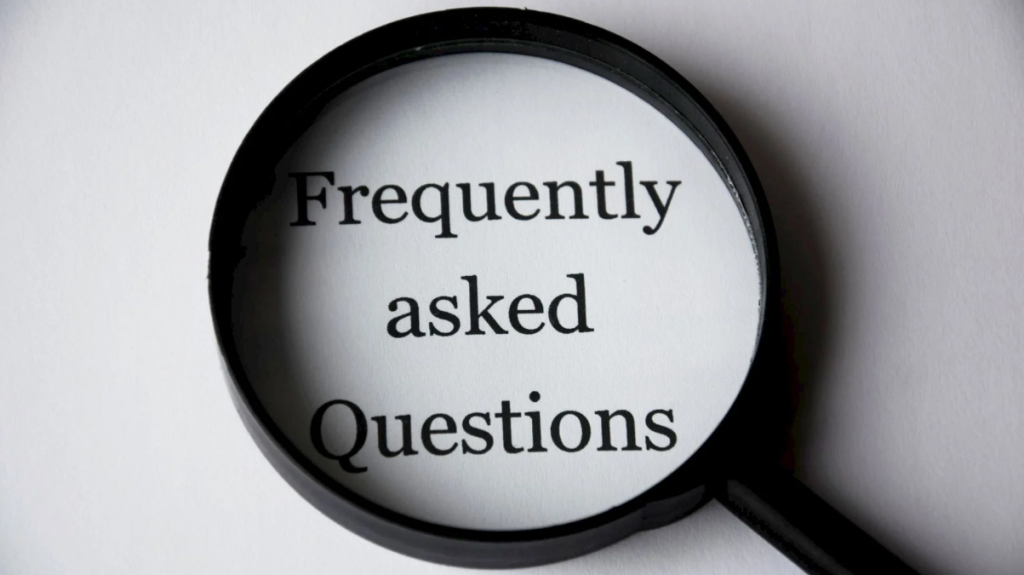
Is being a people pleaser always bad?
Not necessarily. Empathy and kindness are wonderful traits. The problem arises when your own needs are consistently neglected.
Can I still be kind without being a people pleaser?
Absolutely. The difference is motivation. Kindness comes from genuine desire; people-pleasing comes from fear or guilt.
How long does it take to stop people-pleasing?
It varies. With consistent effort—practicing boundaries, building self-worth—you may notice changes within weeks to months.
Will people be upset if I stop pleasing?
Some may resist your boundaries at first. But true friends and healthy colleagues will respect you more for being authentic.
Final Thoughts: Reclaiming Your Life
People-pleasing is a learned pattern—and anything learned can be unlearned. You don’t have to choose between kindness and self-respect. You can have both. Start small: say no once this week, set a single boundary, or express an honest opinion without sugarcoating. These small steps build confidence. When you finally put yourself first, you don’t lose connection—you gain it. You show up as your authentic self, with energy and love to give freely, not out of fear. And that’s when your relationships—and your life—become truly fulfilling.
We hope this article has provided you with valuable insight into the signs of people-pleasing and practical ways to break the cycle. If you ever feel overwhelmed or need professional help in addressing these patterns and uncovering their root causes, Stay Healthy! LLC is here to support you. Our compassionate team can guide you in building healthier boundaries, strengthening self-worth, and creating a balanced life where your needs matter too. Don’t wait to reclaim your peace of mind—reach out today and take the first step toward a healthier, more empowered you.

